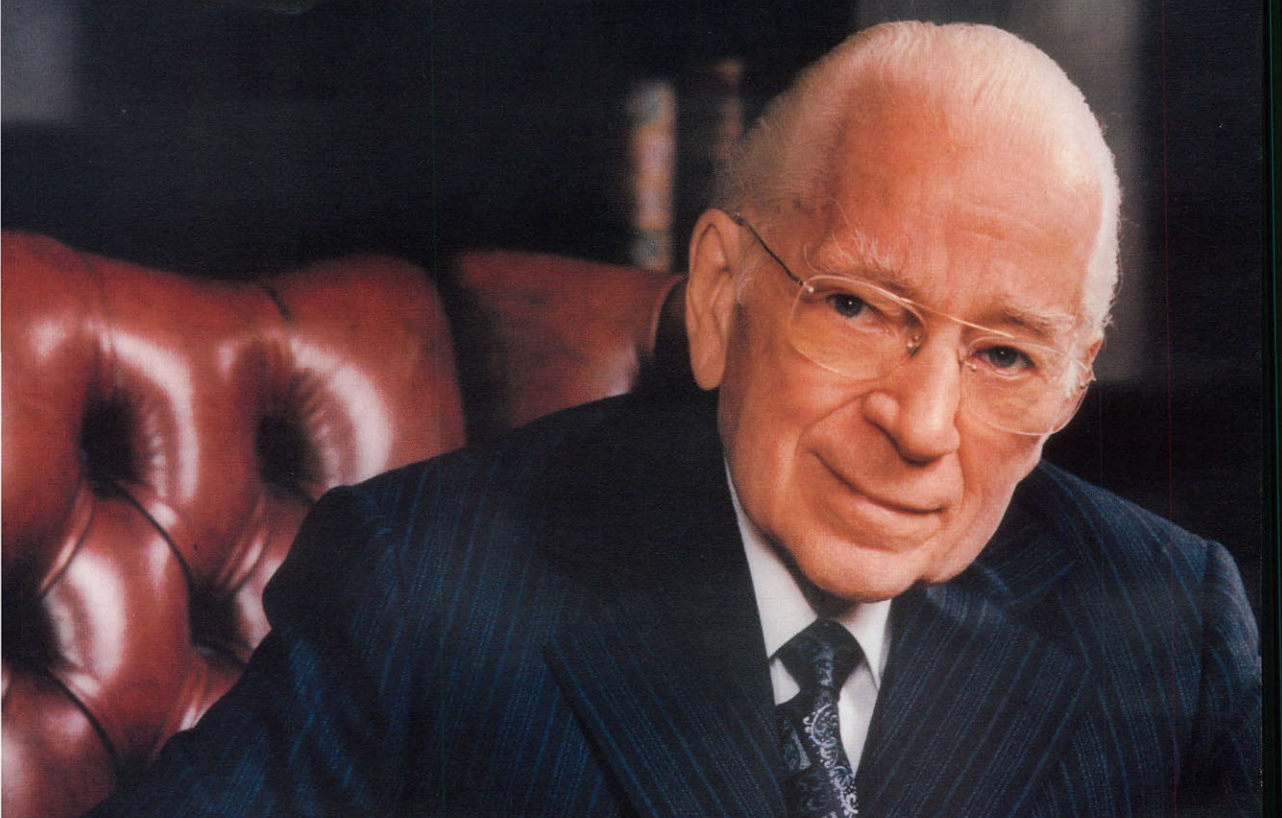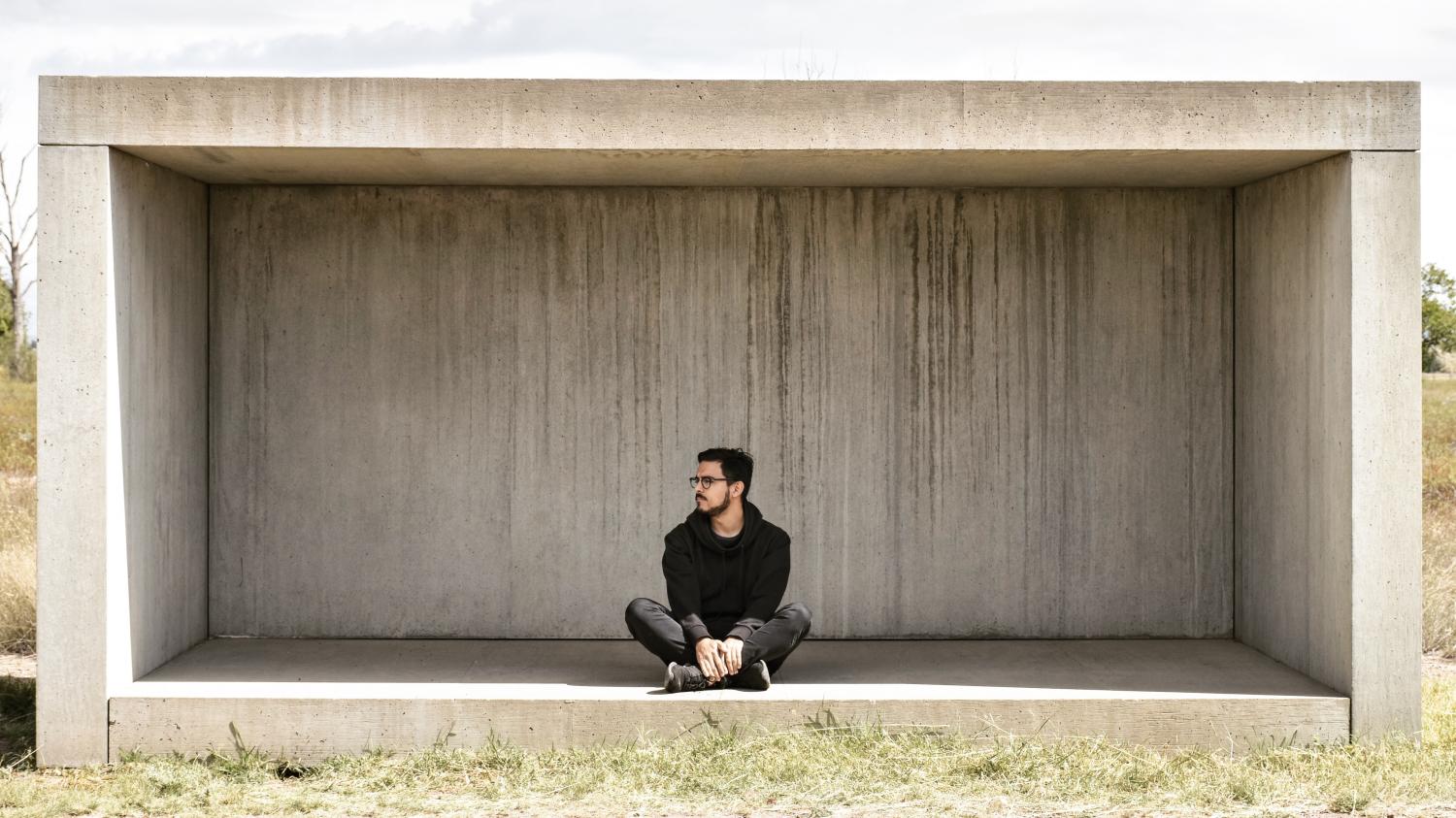Second Thoughts: Develop Your Personality
By Thomas White, student
“Living Education is a character-building institution. … We demonstrate godly character through unique personality. Each of us is a unique creation of God. … You are unique, and you are a unique personality.” – Mr. Richard Ames
The first Assembly of the Living Education Program’s second-ever semester was given by Mr. Richard Ames, a veritable savant who has served God’s Church in capacities nigh-innumerable. Each member of the audience found their seat claimed by a multitude of helpful handouts, including a personality test. Mr. Ames used these handouts, along with the considerable knowledge he has amassed from his own research and life experiences, to present us with a memorable Assembly on how we can each come to reflect God’s unchanging character through our own distinctive personalities.
Mr. Ames addressed many of the immensely diverse types of personality that God has designed human beings to have, and firmly pointed out that character and personality are two very different things; To have godly character is to have the qualities of God Himself, while personality is the unique way in which one person may demonstrate and reflect those qualities. The Apostles Paul and Peter, for example, were both gifted with God’s character and used mightily by Him, but their writings show beyond a shadow of a doubt that they were quite different from one another in personality. It has always been astounding to me that as Spirit Beings in the Family of God, we will all be perfect in character and unity, yet also completely unique, and Mr. Ames has helped me to appreciate that all the more.

“‘Who am I?’ This [question] is fundamental to character development, and fundamental to personality development.”
Mr. Ames instructed us to thoughtfully analyze ourselves individually, in order to determine which traits we have, which we need to develop in order to better reflect our Creator, and which we must overcome. Developing one’s personality takes both knowledge and wisdom, and Mr. Ames stressed how important it is to ask questions of people more experienced than ourselves, imploring us to highlight Proverbs 20:5 in our Bibles: “Counsel in the heart of man is like deep water, but a man of understanding will draw it out.” The elderly, in particular, are incredible resources for understanding, and we miss a great opportunity if we fail to take advantage of their experience.
“Jesus never forgot who He was. …do you really know your purpose in life, your calling, and who you are? … You are the sons and daughters of the Almighty … You are the saints of God.”

Reminding us of our ultimate goal, Mr. Ames described godly character by breaking it down to four aspects: The ability to know what is right and wrong, the willingness to decide to do what is right, the strength to resist temptation to go the opposite way, and the practice of doing what is right until it becomes an immovable part of one’s inward identity. We were left with five objectives which, if achieved, will help to imbue us with God’s character traits: We must develop outgoing interest and warmth toward others, build zest and humor into our lives (“Five percent humor is better than no humor at all,” Mr. Ames jovially remarked), learn to be patient, compassionate, and modest, be strong, confident, and courageous, and cultivate enthusiasm, drive, and purpose.“…Develop the unique personality that you are,” Mr. Ames said as he concluded, “to reflect and to radiate God’s character in you.”
Books mentioned:
The Autobiography of Benjamin Franklin
The Book Nobody Knows by Bruce B. Barton
The Man Nobody Knows by Bruce Barton










